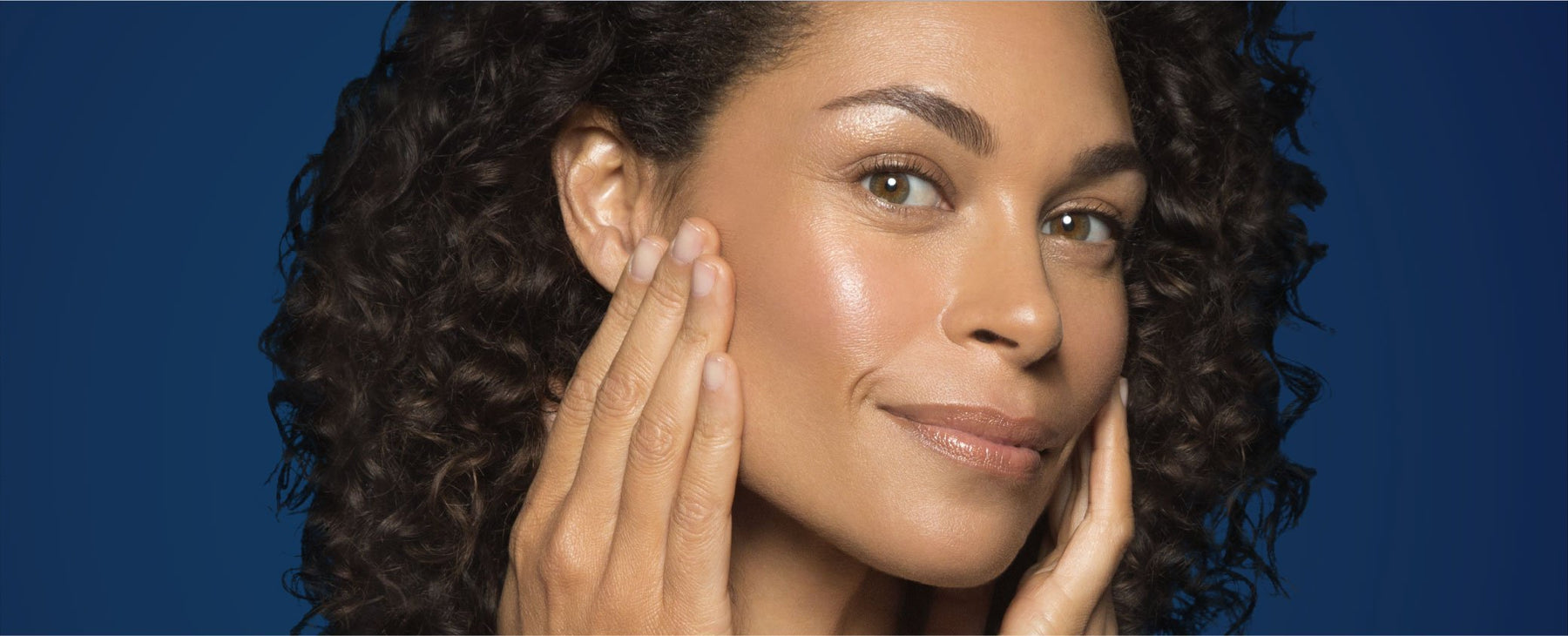
How does the skin age?
Here's a rundown of what's happening to your skin while you're busy living.
story highlights
- As skin ages, the natural processes that help maintain youthful features like firmness, tone and radiance slow down.
- The visible signs of aging (spots, fine lines, wrinkles, etc.) are the result of our skin's natural defense mechanisms as well as slowed cell renewal, turnover, activity and recovery.
Our skin begins to age as soon as we are born, but we don't usually think about it aging until it begins to dull, show spots, fine lines, wrinkles, and a loose, crepey texture. The causes of these visible signs of aging are very complex and depend on your genetics and exposome (lifestyle and environment). These are the major events:
As early as our 20s (!), unhealthy lifestyle habits, environmental damage and constant UV exposure begin to compromise the structural integrity of the skin. Our cellular defenses weaken in the face of free radicals, and our natural ability to fight off skin damage diminishes. Cell renewal and turnover also naturally slow down, affecting the radiance of the skin.
In the 30s, collagen (which keeps skin firm) and elastin (which keeps skin elastic) break down, leading to visible wrinkles. Cell renewal and turnover continue to decline, resulting in a duller complexion and uneven skin tone. Some cells may even become inactive or turn into "zombies" that produce harmful inflammatory toxins that accelerate skin aging.
At 40, skin becomes thinner and its natural protective barrier of lipids is not as strong. Dehydration can be a problem. Depending on hormonal activity, unusual skin signs may appear, from uneven skin tone to skin breakouts. More obvious signs of aging may also appear, such as dark spots and pronounced dullness.
After age 50, the lipid layer of our skin barrier diminishes, leading to less efficient moisture retention and a higher risk of sensitivity and dehydration. Chronic stress and inflammation both inside and outside the body delay skin recovery - leading to permanent marks and longer healing times. Meanwhile, the skin can show noticeable wrinkles, fine lines and discoloration.
The secret to healthy looking skin at any age
To maintain a healthy appearance at any age, it's essential to adapt your skin care routine to your lifestyle and environment. Adjustments are often necessary to accommodate a changing climate, health condition, or new skin care goals. Talk to a Dermalogica skin therapist whenever you notice changes in your skin for tips on how to proceed.

